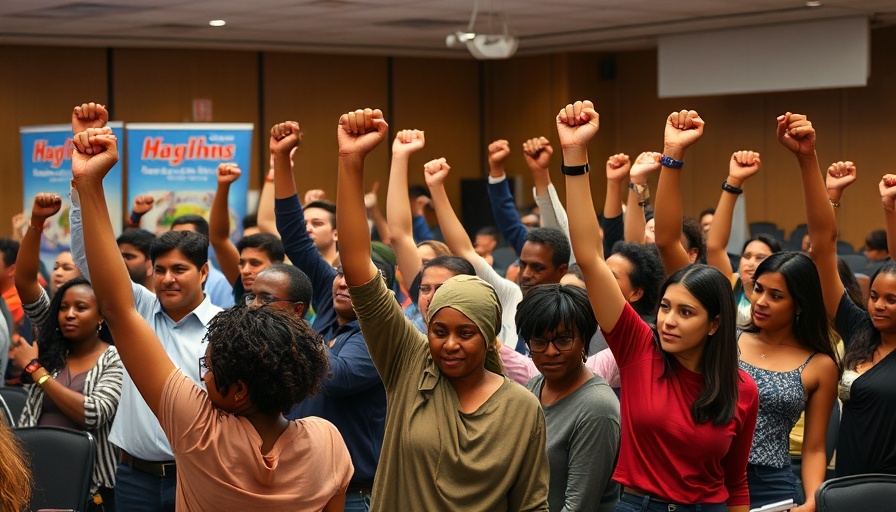
The Voice of Indigenous Peoples in the Plastic Pollution Crisis
In the ongoing negotiations for a global treaty on plastic pollution, the voices of Indigenous Peoples are not just significant; they are essential. Represented by the International Indigenous Peoples’ Forum on Plastics, these communities have long faced the harsh realities of plastic pollution. Their unique relationship with the land and their role as environmental stewards provide critical insights that are urgently needed in shaping effective solutions.
Disproportionate Impacts on Indigenous Communities
Plastic pollution affects Indigenous Peoples at alarmingly high rates, particularly those living in coastal regions. Communities in Fiji, for instance, find their traditional fishing grounds densely choked with plastic waste, making it difficult for them to sustain their livelihoods. In far northern territories, the accumulation of plastic chemicals in culturally significant foods, like walrus, poses direct threats to Indigenous health and heritage. Prem Singh Tharu, a member of Indigenous communities, emphasizes how plastic pollution undermines their cultural values and collective identity.
The Plastic Treaty Negotiations: A Call for Representation
During the recent UN negotiations held in Busan, South Korea, representatives from 175 countries gathered, but a glaring absence persisted: the Indigenous perspective. When the agenda was dominated by delegates from countries that risked stonewalling progress, the IIPFP members made a powerful statement, demanding their voices be part of the conversation. Their priorities emphasize not just reducing plastic waste, but amplifying the distinct rights and experiences of Indigenous Peoples. Juressa Lee from Greenpeace Aotearoa urges that these discussions must integrate the lived realities of Indigenous communities to create impactful solutions.
The Future of Plastic Pollution and Indigenous Rights
As the clock ticks toward 2050, plastic production could potentially triple, wreaking havoc not only on the environment but also on Indigenous cultures and communities. The extraction and refining processes for plastics frequently occur on Indigenous lands, exacerbating the already existing challenges of pollution and displacement. If the voices of Indigenous Peoples remain sidelined, the treaty could become insufficient in addressing these ancestral and urgent issues.
Addressing Common Misconceptions
A common misconception is that plastic pollution mainly affects urban areas far removed from natural ecosystems. In reality, Indigenous communities, often situated near these habitats, are at the forefront of this crisis. Recognizing their lived experiences as valuable contributions to global discussions is paramount. When Indigenous perspectives are at the table, solutions formulated will not only be more inclusive but potentially more effective.
Taking Action Through Sustainable Practices
To foster meaningful change, both Indigenous and non-Indigenous communities need to engage in sustainable living practices. Adopting eco-friendly products and initiatives like zero waste, responsible consumption, and sustainable agriculture can significantly lessen our ecological footprints. Ongoing efforts in environmental conservation and community gardens also showcase how local involvement can yield powerful results against plastic pollution.
The Imperative of Global Collaboration
Addressing plastic pollution is a collective responsibility that transcends borders. As the world moves towards a global treaty, it is crucial for communities to unite and advocate for a comprehensive approach that prioritizes Indigenous rights and perspectives. Civil society must stand in solidarity to amplify these voices and ensure that future policies reflect collaborative solutions rather than unilateral decisions.
Indigenous Peoples embody a wealth of environmental knowledge that is critical in the fight against pollution. By actively involving their insights in policy-making and engaging in sustainable solutions together, we can pave the way to a more equitable and just future in combating plastic pollution for generations to come.
To pave the way towards a more sustainable future, let’s explore how we can do our part to combat plastic pollution. Take action by supporting initiatives that uplift Indigenous voices, advocating sustainable practices in your community, and staying informed on environmental policies.
 Add Row
Add Row  Add
Add 



Write A Comment